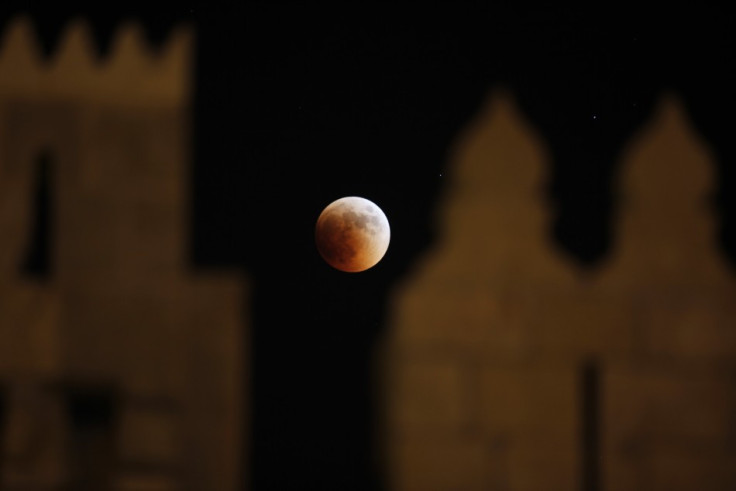Jerusalem: The Disputed Holy City at the Centre of a U.S. ‘Separation of Power Struggle’

A case highlighting issues central to the Israeli-Palestinian conflict is causing much debate as the U.S. Supreme Court which will have to decide whether a nine year old boy born in Jerusalem can list Israel as his birthplace on his passport, a prohibited move US citizens have until now.
Menachem Binyamin Zivotofsky, was born in Jerusalem can in 2002 but while Israel's Basic Law refers to Jerusalem as the country's 'undivided capital', the international community treats East Jerusalem as Palestinian and therefore reject the notion that the Holy City is Israel's capital.
However in the U.S., a provision included in a 2002 foreign affairs law allows people to request that Israel be designated as their place of birth if they were born in Jerusalem.
Both the Bush and Obama administration have however insisted that the law interferes with the constitutional right to recognize foreign powers attributed to the executive apparatus of the state.
The law's conflicting relationship with the executive powers re-emerged after Zivotofsky's parents' request to have Israel listed as his birthplace on his passport was rejected by the State Department.
As a consequence Mr and Mrs Zivotofsky decided to sue contending the State Department's move violated the 2002 law.
Now the Supreme Court will first have to rule whether or not it has jurisdiction over the case.
The Obama administration has made it clear the state's executive branch and the Congress should be left to resolve the issues highlighted by the law and lower courts have previously dismissed the case on such grounds.
A hearing on Monday thus focused on trying to determine whether the executive or legislative branch had the authority to recognize foreign nations.
US solicitor General Donald Verrilli Jr. made it clear that the executive alone has the power to recognize other states, explaining "The Constitution commits that power exclusively to the executive, and neither a court nor the Congress can override that judgment."
However the Zivotofsky' lawyer Nathan Lewin contended Verrilli's account by emphasising that the history proved Congress had often shared a recognition of power with the president, and he limited the consequences of the impacts of the case on foreign policy.
"This is one of these very rare situations where Congress has said what the president has done, and what the Department of State has done, is simply wrong," Lewin said. "It does not hobble the president in terms of future foreign policy."
However the case is set to bring out further questions as the Congress passed the 2002 law but stopped short of recognising Jerusalem as the capital of Israel.
Moreover, other hearings are also set to focus on the delimitations of the powers shared by the US president and the Congress, which is set to prove even more contentious.
As previous judicial decisions found the question was more political than legal, Justice Sonia Sotomayor however questioned the consequences if the court failed to make a decision.
"If we call this a political question and don't address the merits, the outcome is that the president is saying that he's entitled to ignore the Congress," said Sotomayor, "I don't know what kind of message that sends, but it's a little unsettling."
A decision in the case, M.B.Z. v. Clinton, is expected next year.
© Copyright IBTimes 2024. All rights reserved.





















